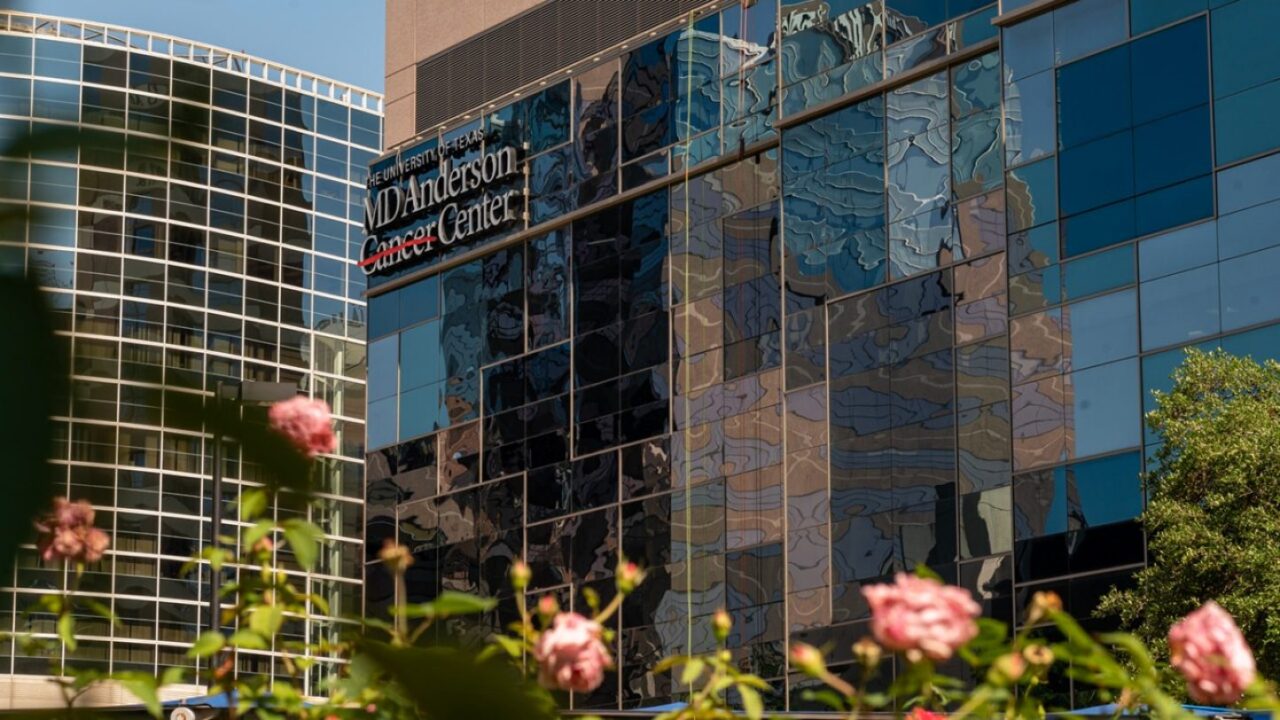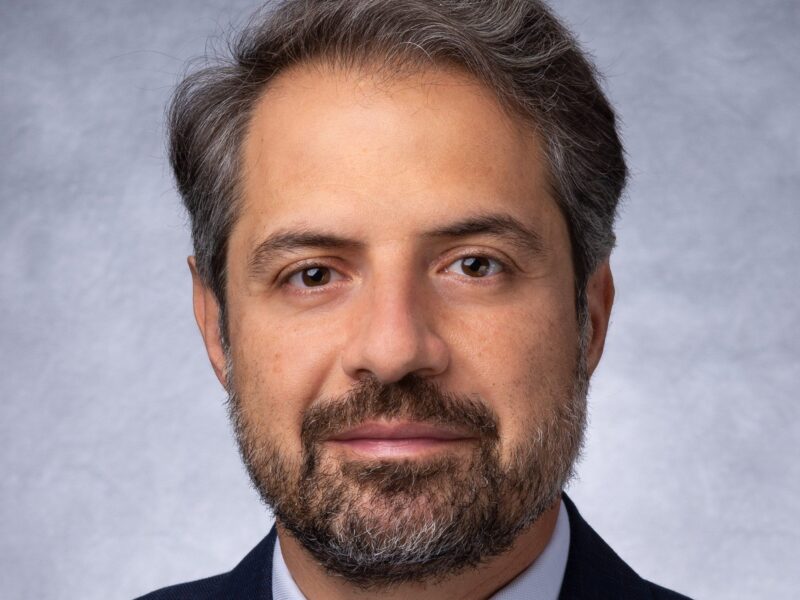Trial results supported recent FDA approval for patients with relapsed/refractory disease
Patients with relapsed or refractory CD19-positive B-cell acute lymphoblastic leukemia (ALL) who were treated with the novel anti-CD19 chimeric antigen receptor (CAR) T cell therapy, obecabtagene autoleucel (obe-cel), experienced high response rates and most did not need a subsequent stem cell transplant (SCT), according to results from the Phase Ib/II FELIX trial co-led by researchers at The University of Texas MD Anderson Cancer Center.
The findings, published in the New England Journal of Medicine, showed a 76.6%response rate and 55.3% complete remission rate in 127 evaluable patients. The median event-free survival (EFS) was 11.9 months, and the EFS rates at six and 12 months were 65.4% and 49.5%, respectively. The median overall survival (OS) for infused patients was 15.6 months. At six and 12 months, the estimated OS rates were 80.3% and 61.1%, respectively.
Based on these data, the Food and Drug Administration approved obe-cel for the treatment of relapsed or refractory B-cell ALL in adult patients in Nov. 2024. Additional findings from the study will be presented Dec. 9 at the 66th American Society of Hematology (ASH) Annual Meeting and Exposition by Elias Jabbour, Professor of Leukemia and the study’s U.S. lead investigator.
“Patients with B-cell ALL need effective standalone treatment options, and obe-cel demonstrated strong long-term efficacy and response rates in patients treated on the FELIX study.
Until now, these patients had limited treatment options. We observed minimal immunotoxicity and a strong persistence of CAR T cells, which support obe-cel being the standard of care for this population,” Jabbour said.
The global, multi-center FELIX trial treated 127 adults with relapsed or refractory B-cell ALL. Prior to receiving obe-cel, trial participants had lymphodepletion – an important step to eliminate existing T cells and create a blank slate for CAR T cell therapy – followed by obe-cel infusion in split doses on days one and 10. The median age of trial participants was 47 years and 52% were male. Patients were 74% white, 12.6% Asian, 1.6% Black and 11.8% unknown.
Toxicities were mostly limited to patients with high bone marrow burden. Patients experienced a low grade of cytokine release syndrome (CRS) and neurotoxicity, which are associated with CAR T cell therapies. Three patients experienced CRS symptoms of grade 3 or higher, and nine patients experienced immune effector cell-associated neurotoxicity syndrome of grade 3 or higher. Observed side effects were consistent with previous studies, and no new adverse effects were identified.
Among the 99 patients who responded to obe-cel, only 18 went on to receive a SCT while in remission at a median of 101 days after their infusion. Researchers observed no difference in EFS and OS between patients who received a SCT and those who did not, suggesting a durable response from obe-cel therapy.
The trial also demonstrated significant clearance of minimal residual disease (MRD) following obe-cel treatment. In patients with blood cancers, MRD refers to a small number of cancer cells remaining after treatment that have the potential to cause relapse.
On the study, 68 high-risk patients – defined as those with bone marrow blasts greater than 5% prior to lymphodepletion – achieved a complete remission. In this group, 62 patients had MRD data available, and 58 patients were MRD-negative after obe-cel infusion.
In the upcoming ASH presentation, Jabbour will highlight the correlation between depth of MRD-negative remission and clinical outcomes in patients treated with obe-cel. Prior to lymphodepletion, researchers evaluated patient bone marrow samples by next generation sequencing (NGS). The findings indicate lower levels of MRD were associated with a stronger response, including higher EFS and OS rates, Jabbour explained.
The study was funded by Autolus Therapeutics.
Other posts featuring MD Anderson Cancer Center:
MD Anderson study reveals hidden chromosomal abnormalities in healthy breast cells
MD Anderson Research Highlights: SITC 2024 Special Edition



